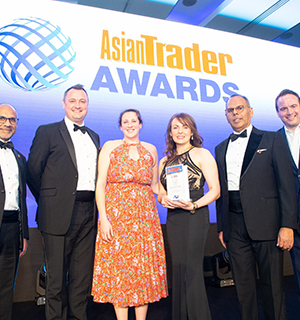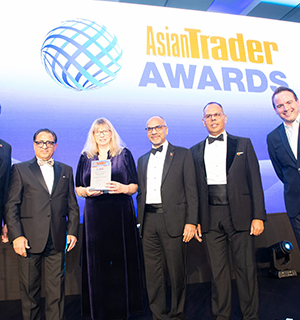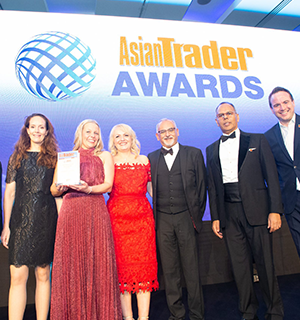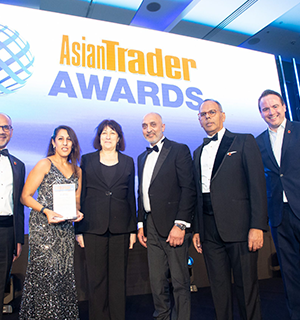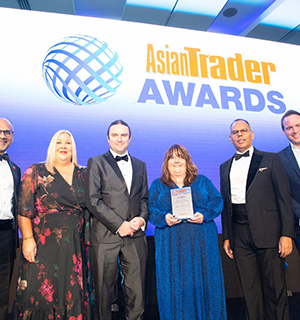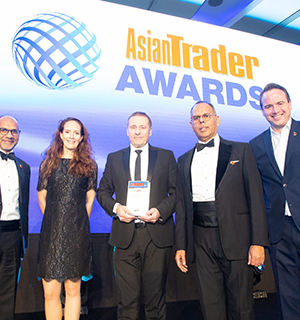Unilever on Monday announced plans to focus more on health, beauty and hygiene products, after an extensive review of its businesses.
This points to a potential spin off or disposal of its Foods business, at least three brokerages said. However, letting go of a cash-generative business could be detrimental at this time, they said, and it would be difficult for Unilever to sell the entire business to a single buyer.
HSBC analysts said the GSK move added to uncertainty over where Unilever was heading.
“Unilever’s approach is likely to raise a number of questions over what it might do next from both an M&A standpoint and in terms of the structure of its own business,” HSBC analyst Jeremy Fialko said in a note.
Unilever faces a dilemma after its £50 billion offer for GlaxoSmithKline’s consumer healthcare assets was rejected – should it raise the bid and risk overpaying or seek another route to expand in healthcare?
The bid for GSK’s assets, including Sensodyne toothpaste and Advil painkillers, comes as Unilever is dealing with steep inflation and sluggish growth in emerging markets, where it derives 60 per cent of its revenues.
Chief Executive Alan Jope, in the role since 2019, is also facing shareholder pressure over a languishing stock price, which fell as much as 8 per cent on Monday after its bid became public.
Analysts said digesting GSK’s consumer health assets at a price of over £50 billion in cash and stock, would nearly triple Unilever’s leverage towards 5.6 times in the first year from 2 times net debt to EBITDA currently.
“The leverage implied by such a deal would make it less likely they turn around their core business,” Bernstein analyst Bruno Monteyne said, pointing to Unilever’s added balance sheet pressure and limited ability to invest behind brands.
Analysts expressed concerns about Unilever’s track record with acquisitions, highlighting its purchase Dollar Shave Club for 1 billion in 2016 which they said had failed to make a major mark on its fortunes.
HSBC pointed to the company’s last big acquisition – Bestfoods for $25 billion in 2000 – which saddled it with slow growth, middle of the aisle food brands, which Unilever has trimmed via the sale of tea and spreads businesses.
“The patchy historical track record of large transactions in the sector – and indeed Unilever’s last really big acquisition, Bestfoods – is also likely to be at the forefront of investors’ minds,” HSBC said.
Bernstein’s Monteyne said big consumer goods deals do not pay out as it is “impossible” to eke out very high growth rates on such large businesses, pointing to Reckitt Beckiser’s Mead Johnson deal and Danone’s Whitewave foods acquisition.
Analysts also said a GSK deal could significantly erode Unilever’s stable operating margins of 18-19 per cent, a big draw for long term investors, saying it offers only a mid-single digit return on investment, when accounting for cost savings and revenue synergies.
Berenberg analyst James Targett said he doubted the deal would provide Unilever the organic growth lift it is seeking, pointing to GSK’s Consumer Health business’s 1% average growth over the past 20 quarters, compared with 3% for Unilever.
While GSK’s consumer assets would bolster Unilever’s presence in the oral care and vitamins and supplements category, it would also bring over-the-counter drugs, such as Panadol and Advil, to its roster.
RBC Capital Markets said GSK’s large portfolio of products with clinical/medical characteristics and consequently regulatory obstacles could restrict Unilever’s ability to roll the acquired brands into new markets as it does with consumer brands.
“We can’t imagine many things that would unnerve us more about Unilever than acquiring GSK consumer health,” RBC’s James Targett wrote.
“We see little justification for such a deal strategically, operationally or financially.”








 To use this website you must be aged 18 years or over. Please verify your age before entering the site.
To use this website you must be aged 18 years or over. Please verify your age before entering the site.
